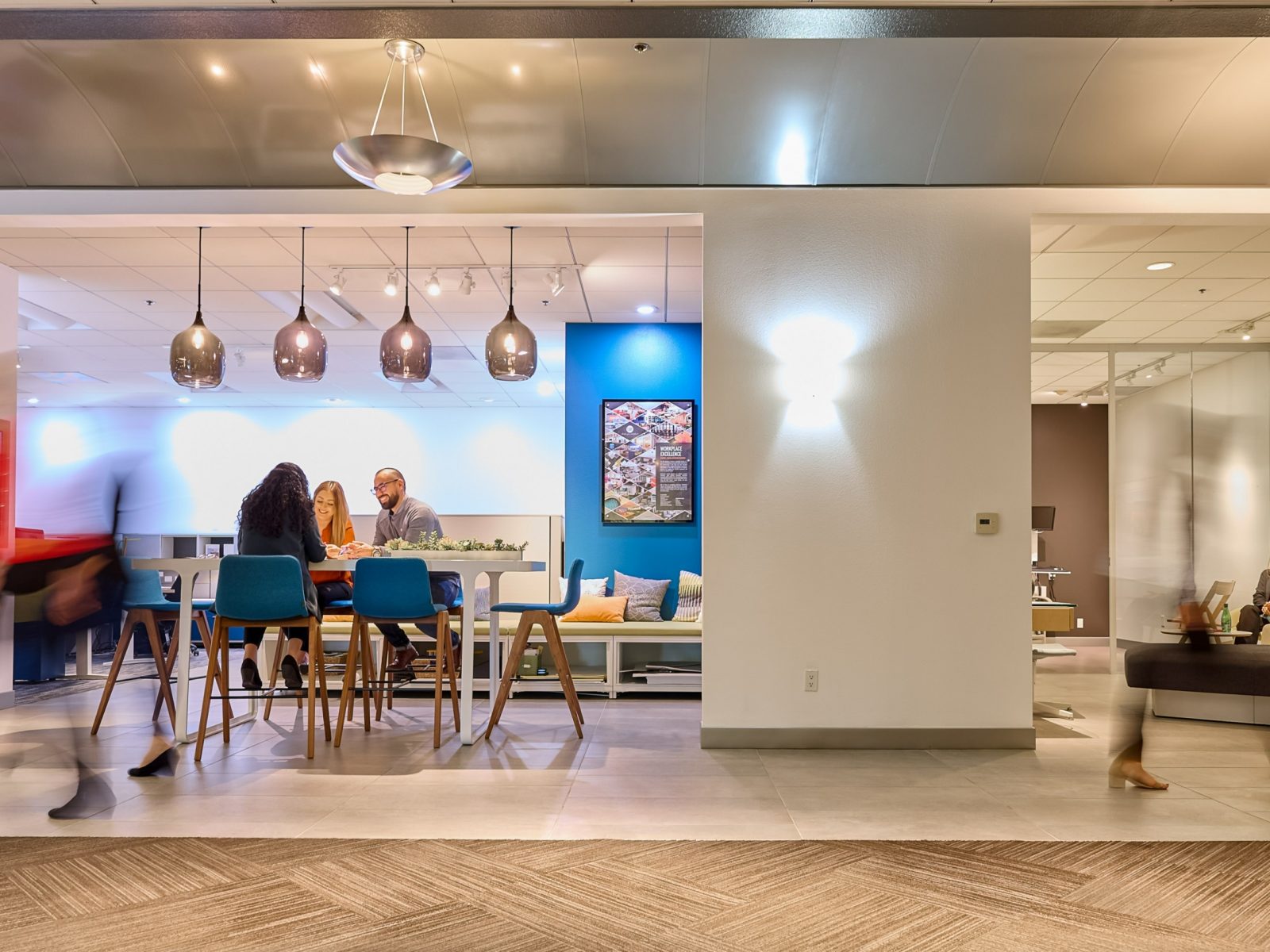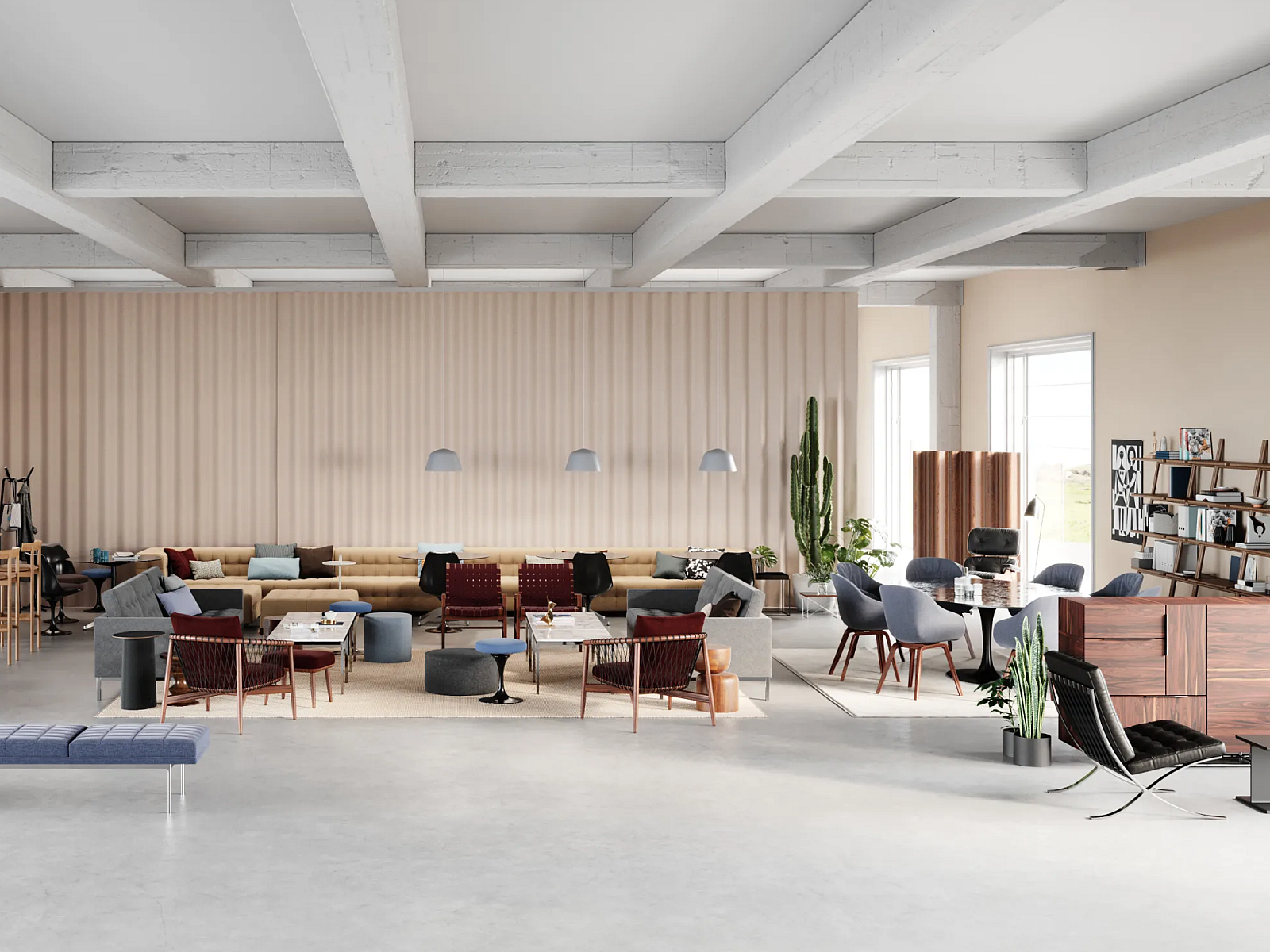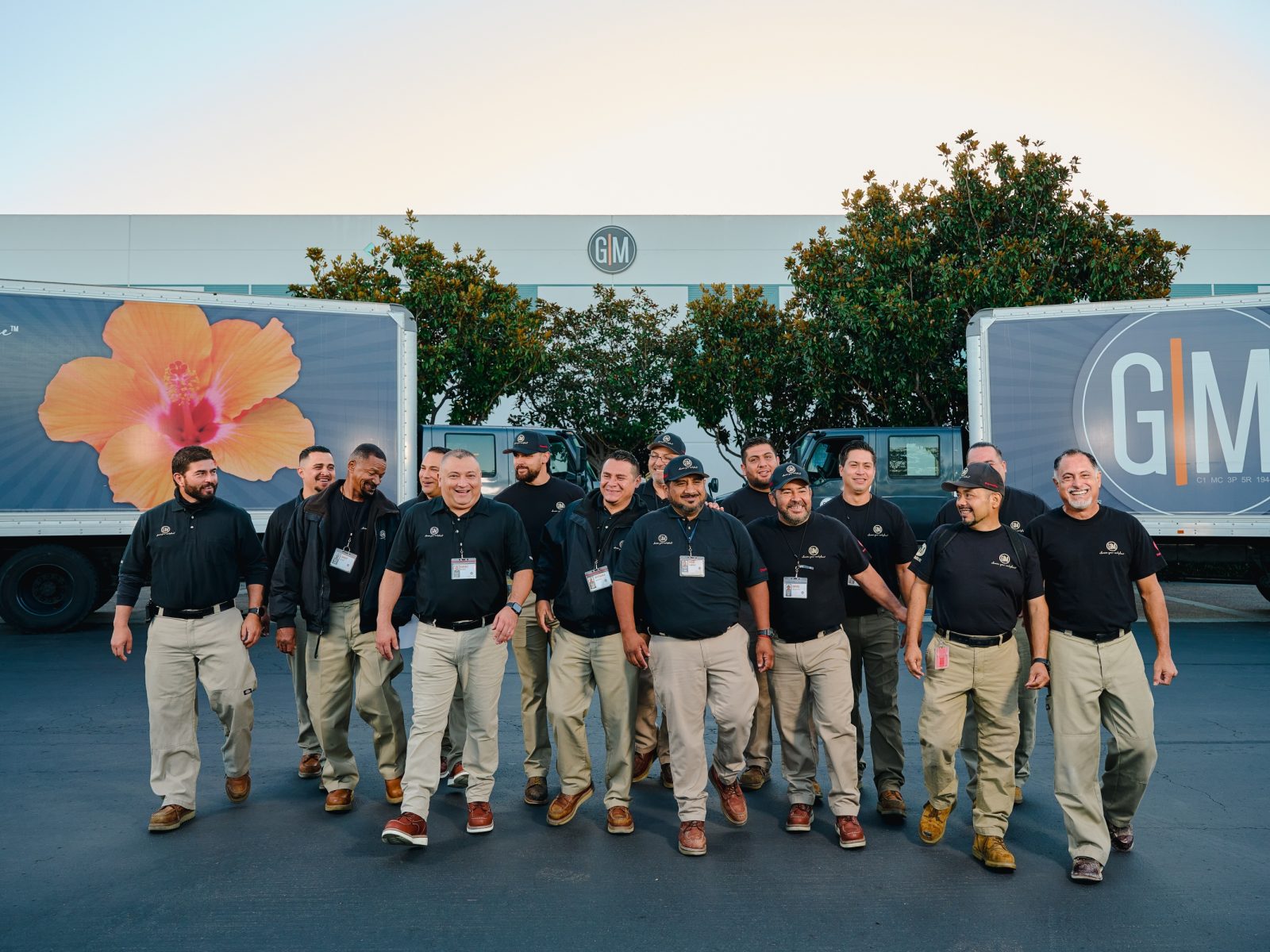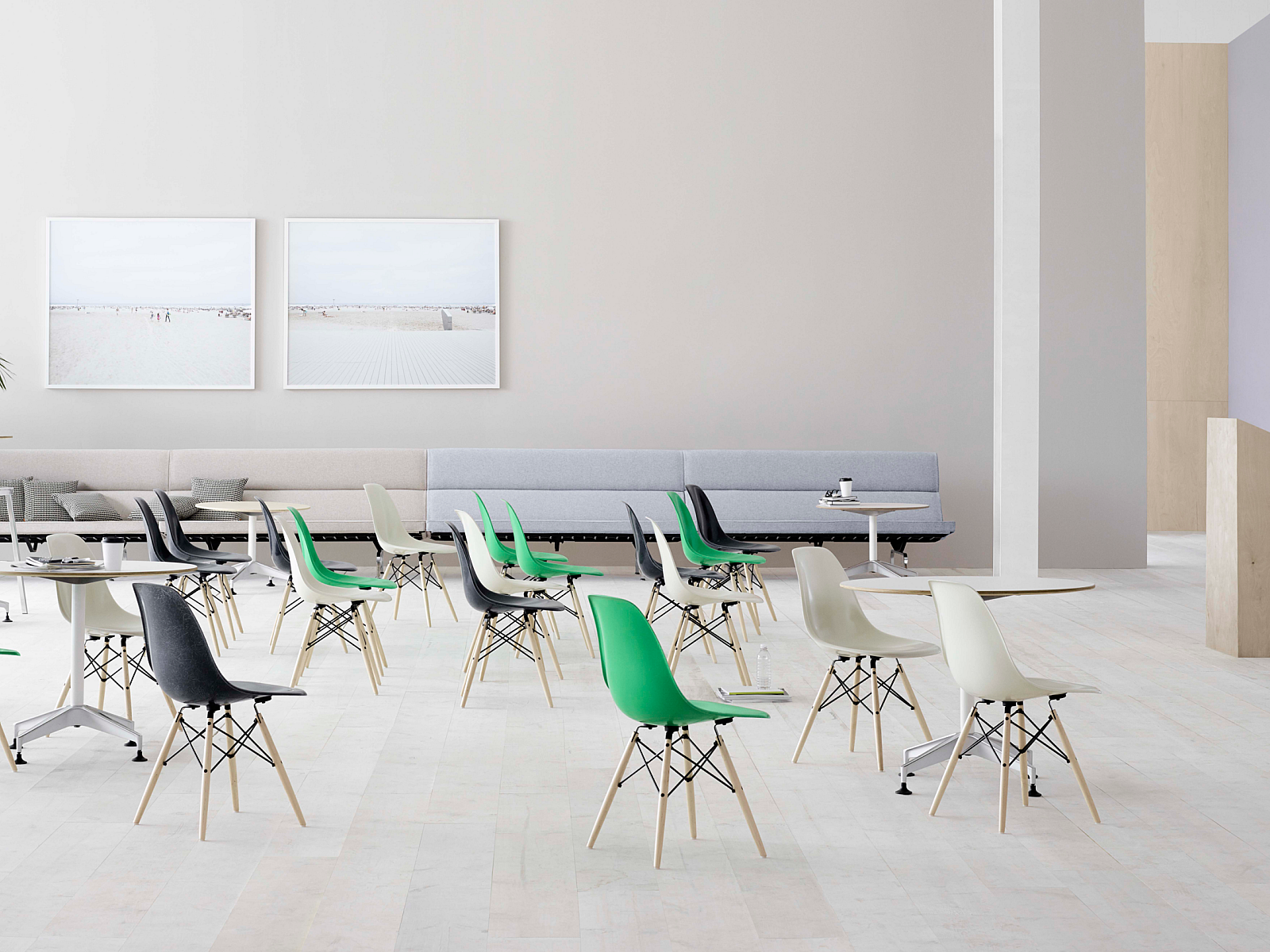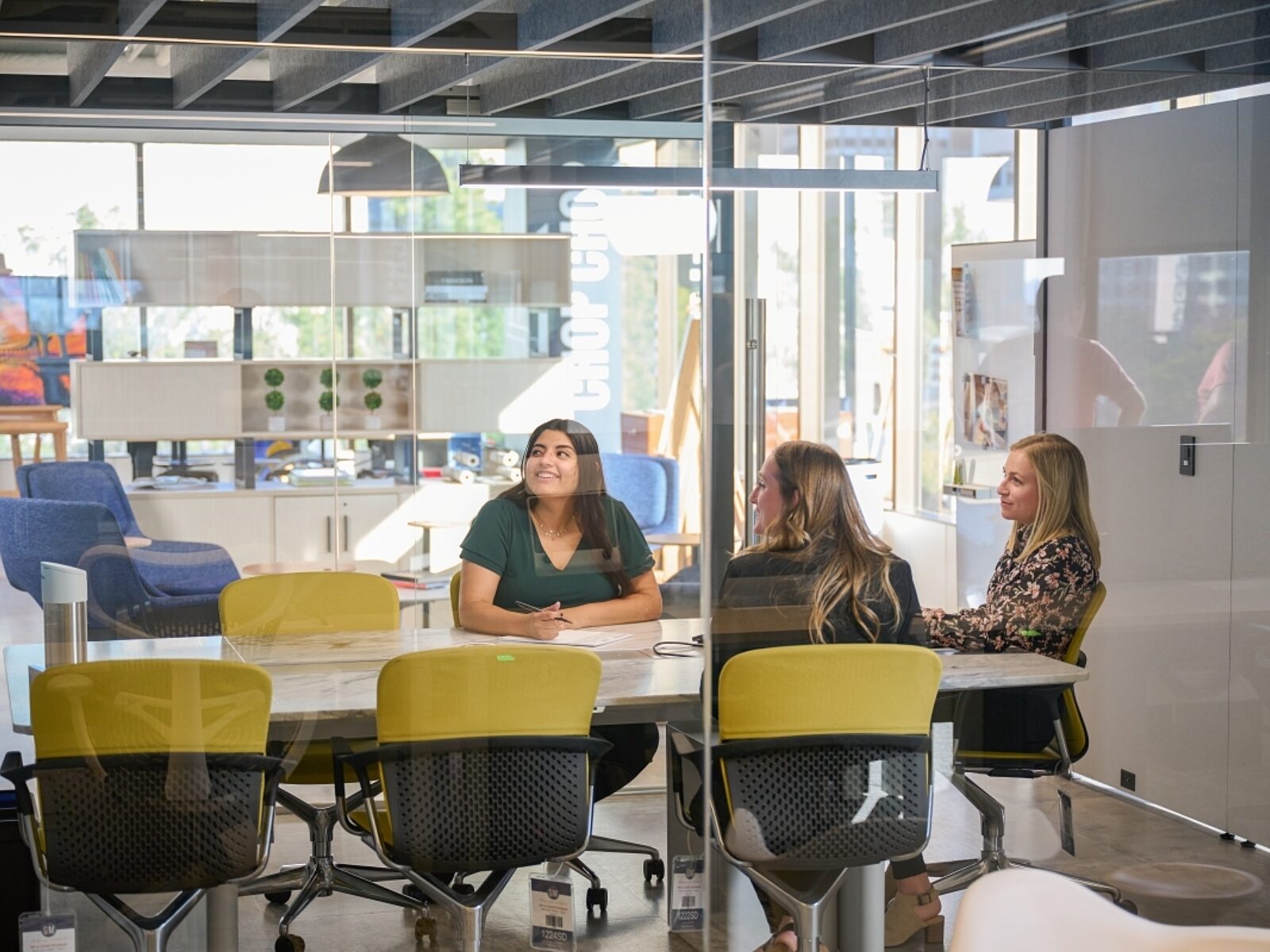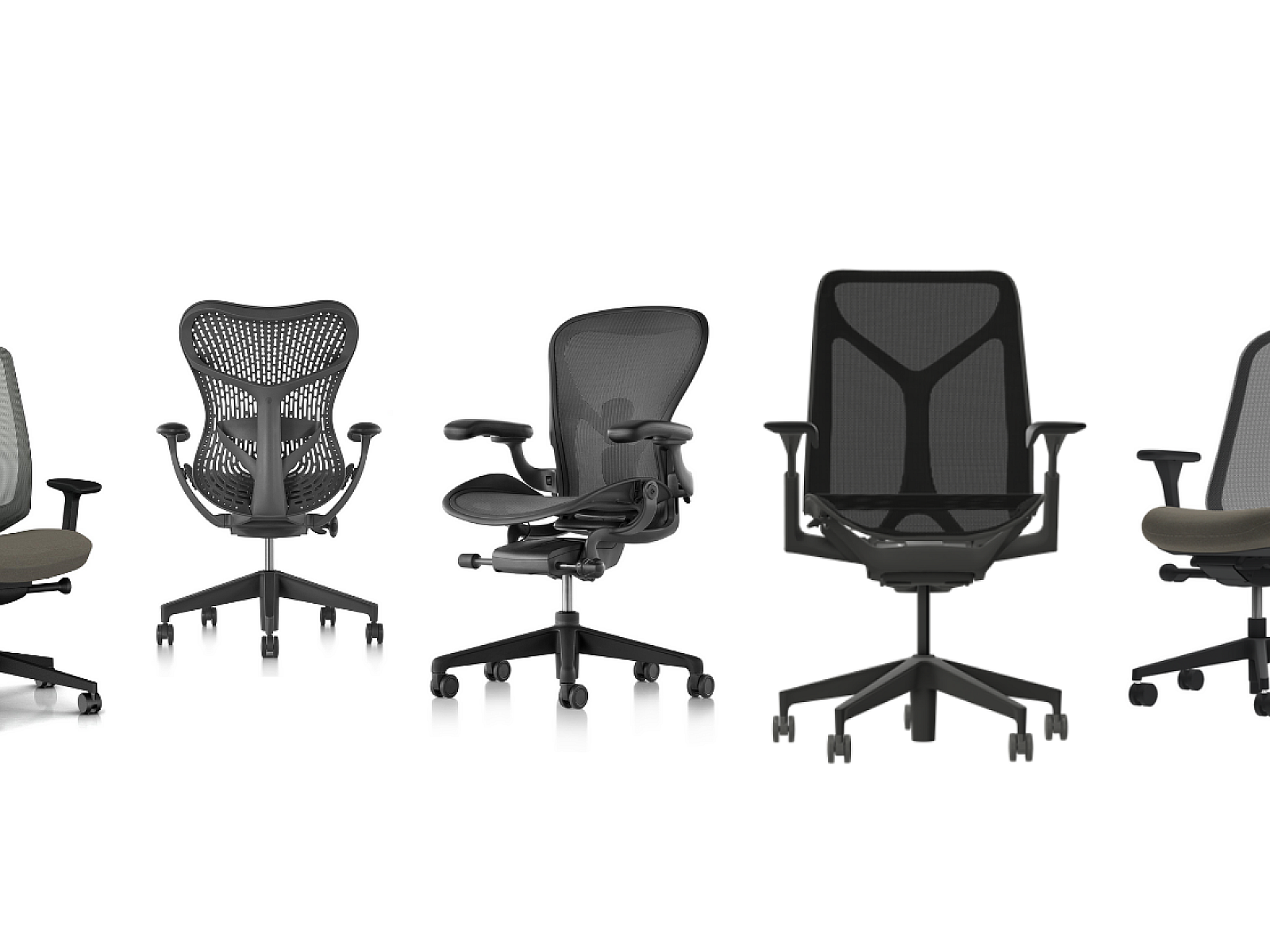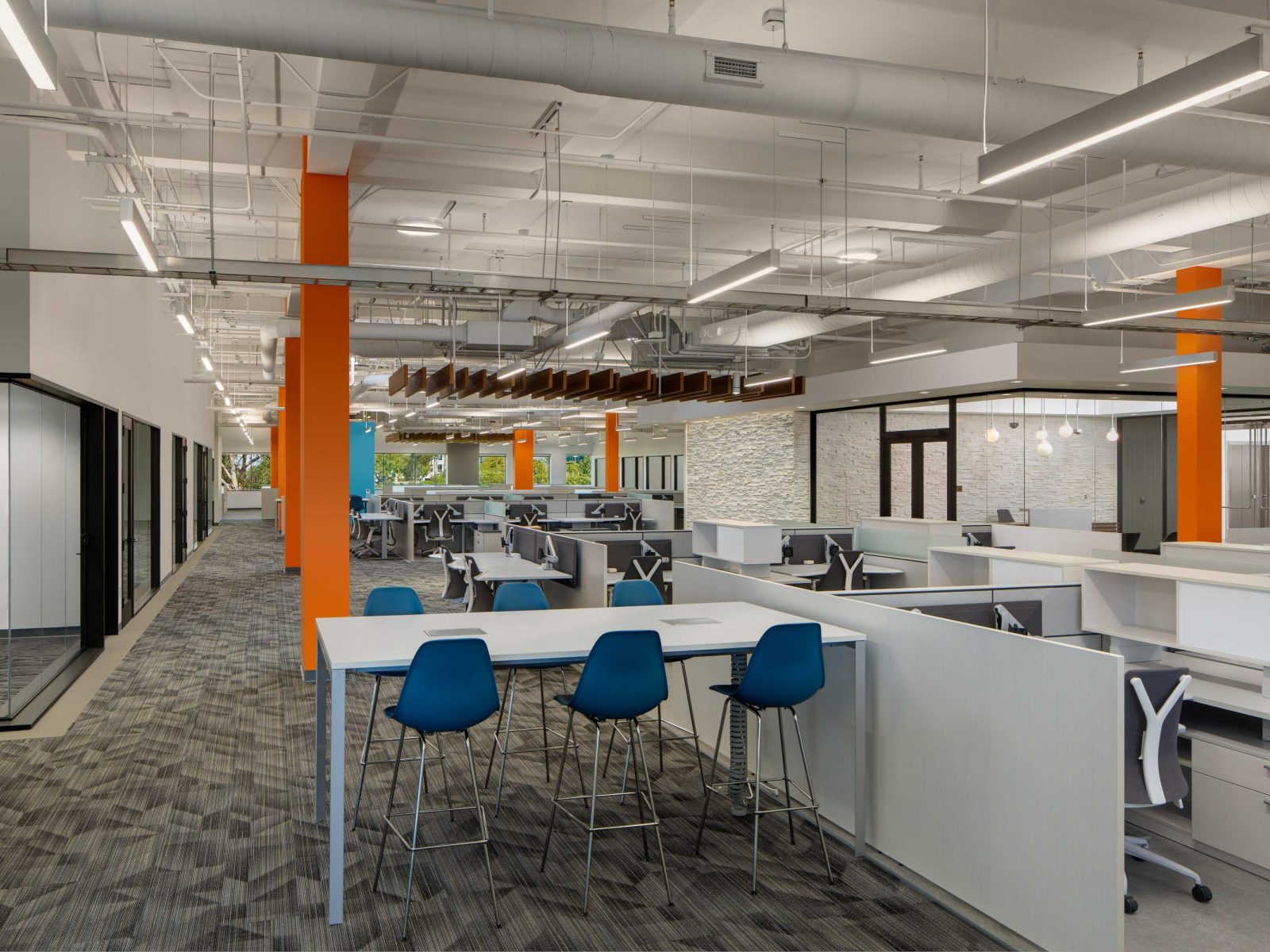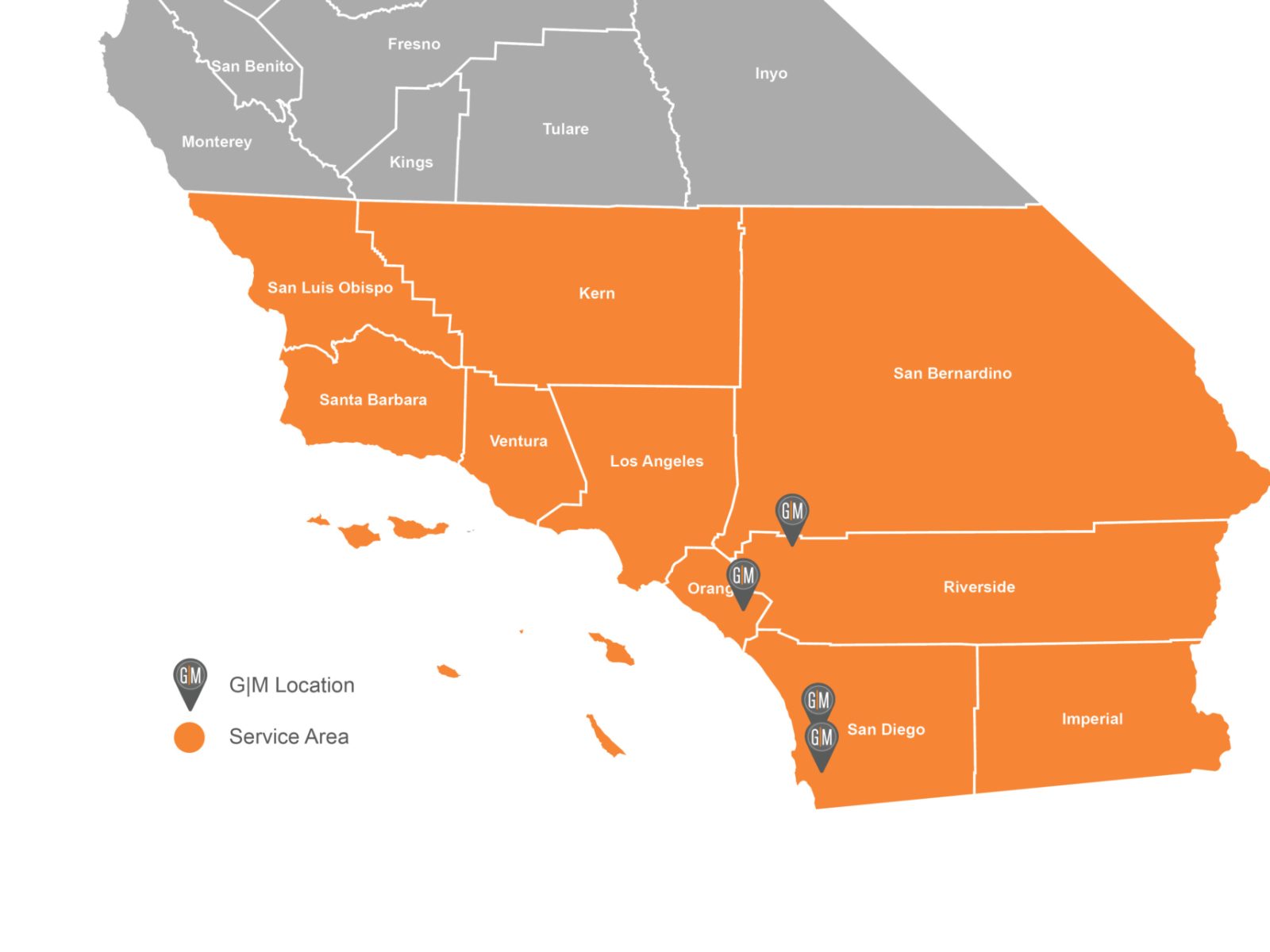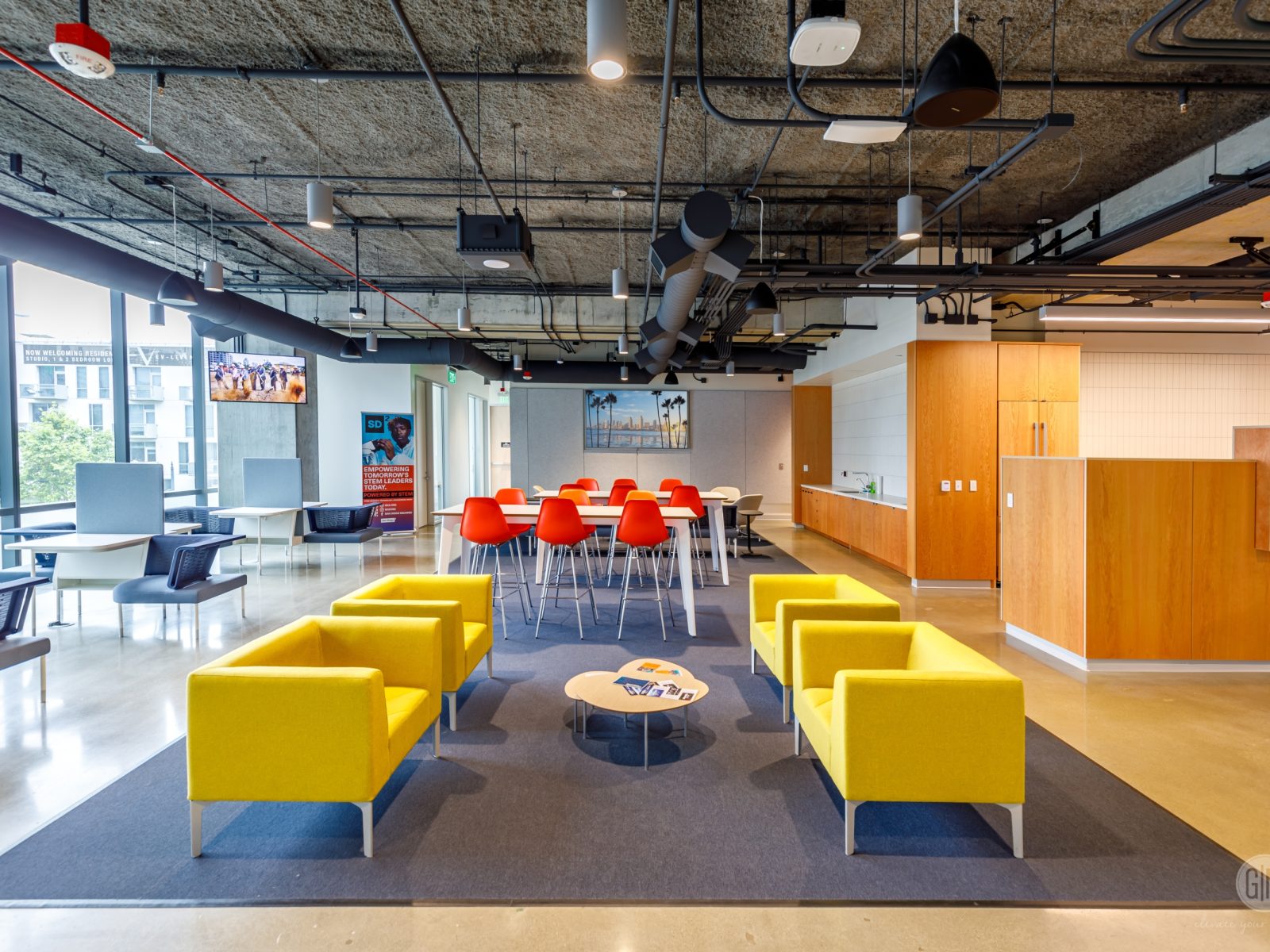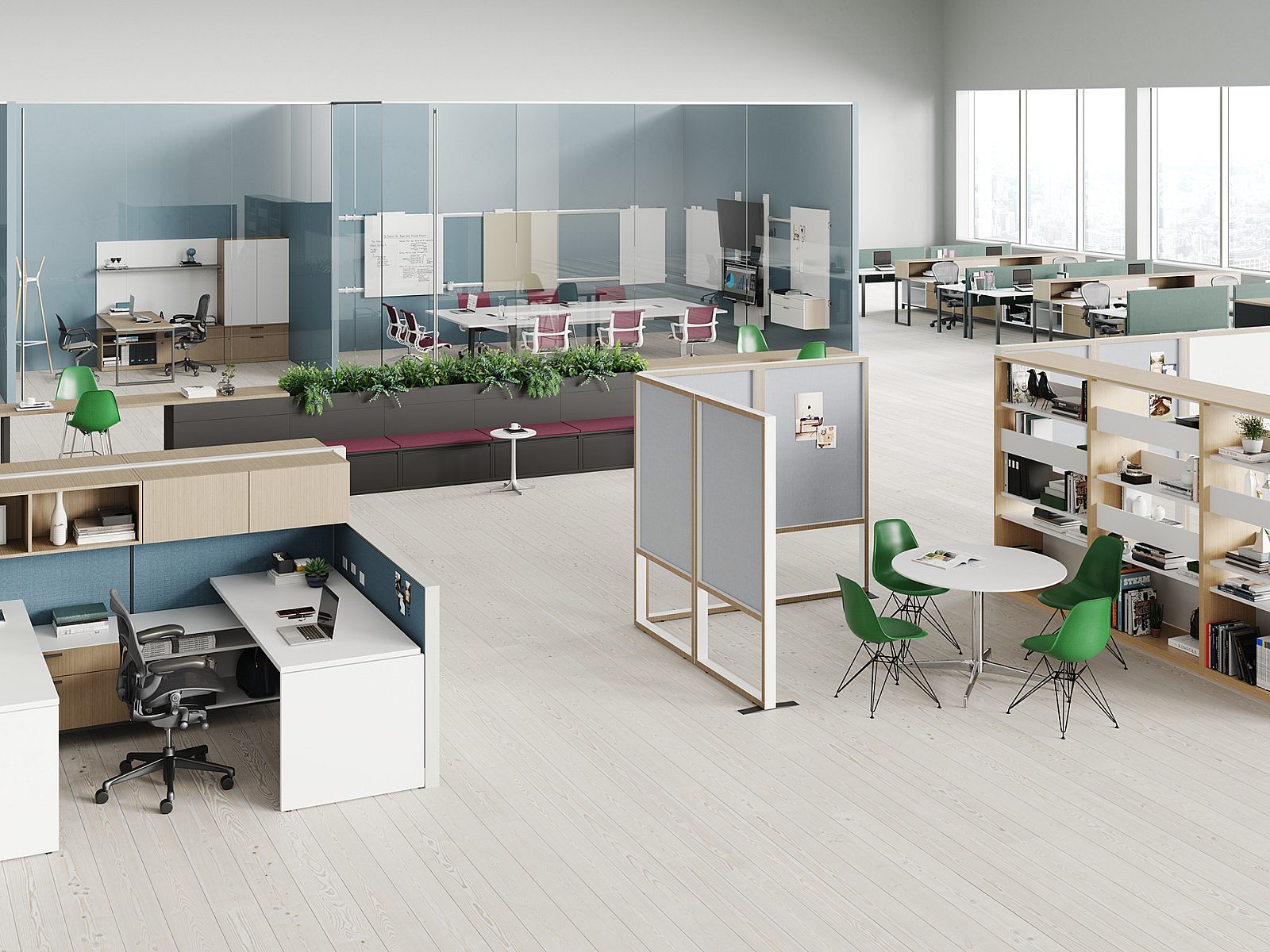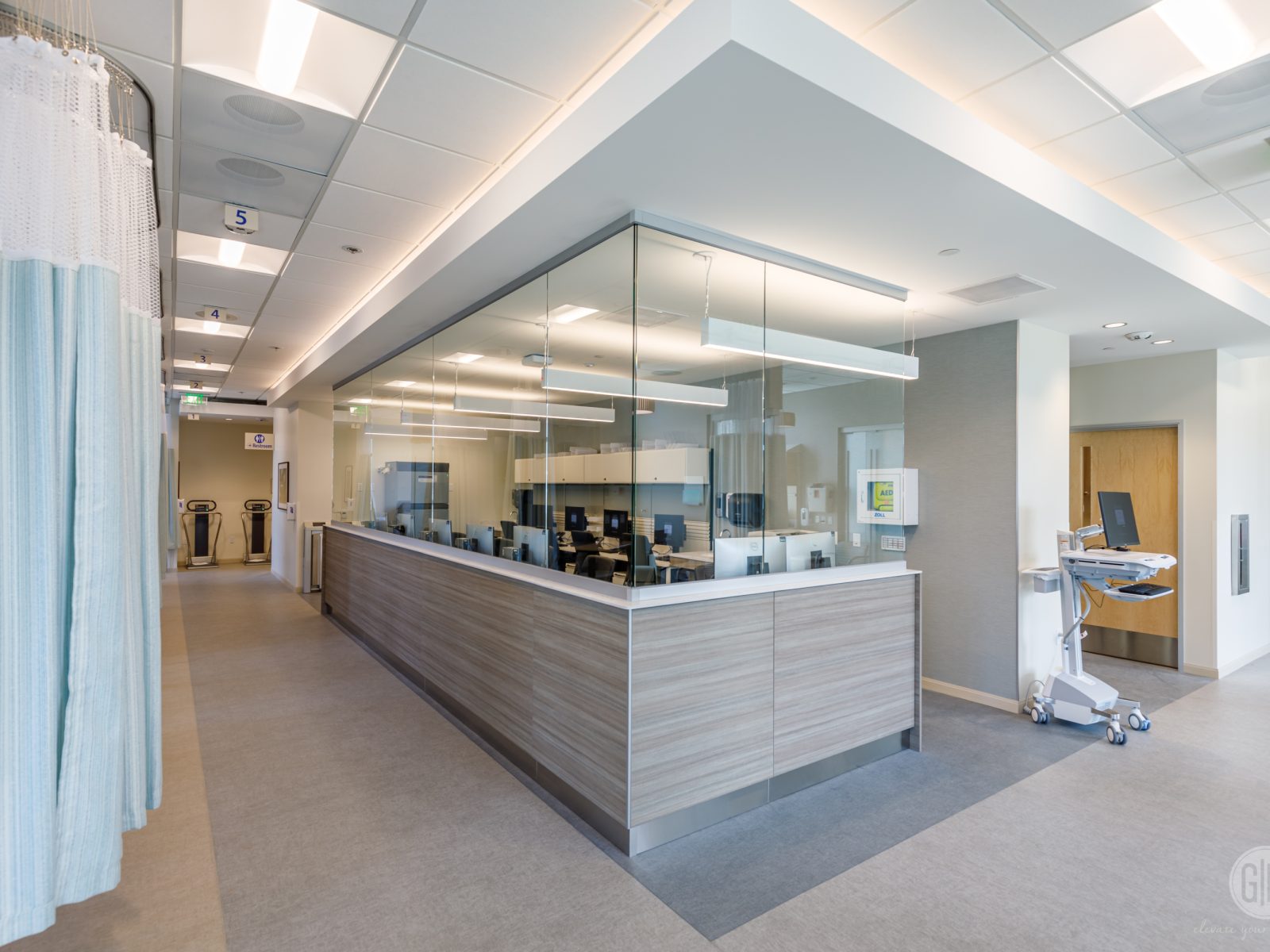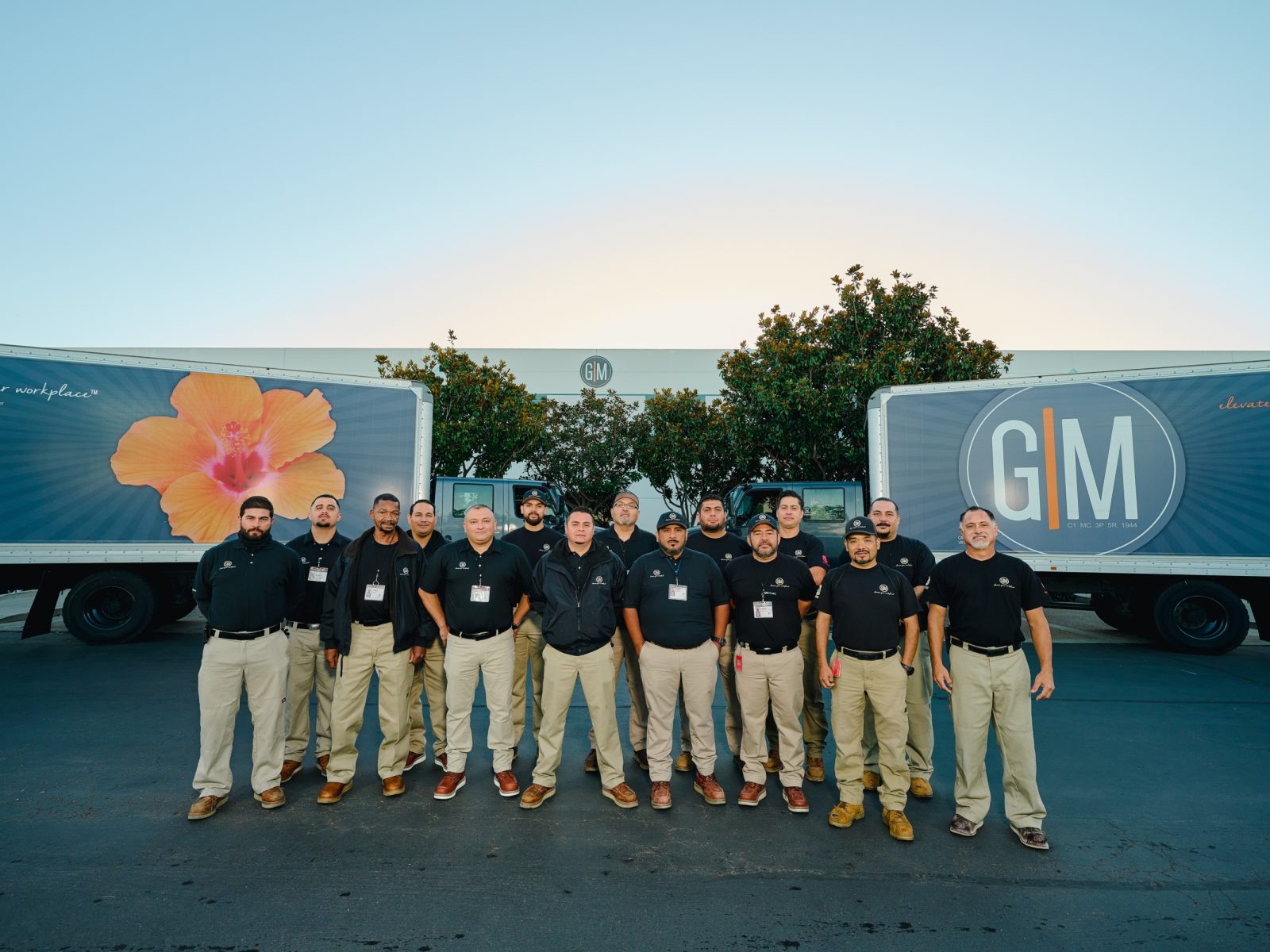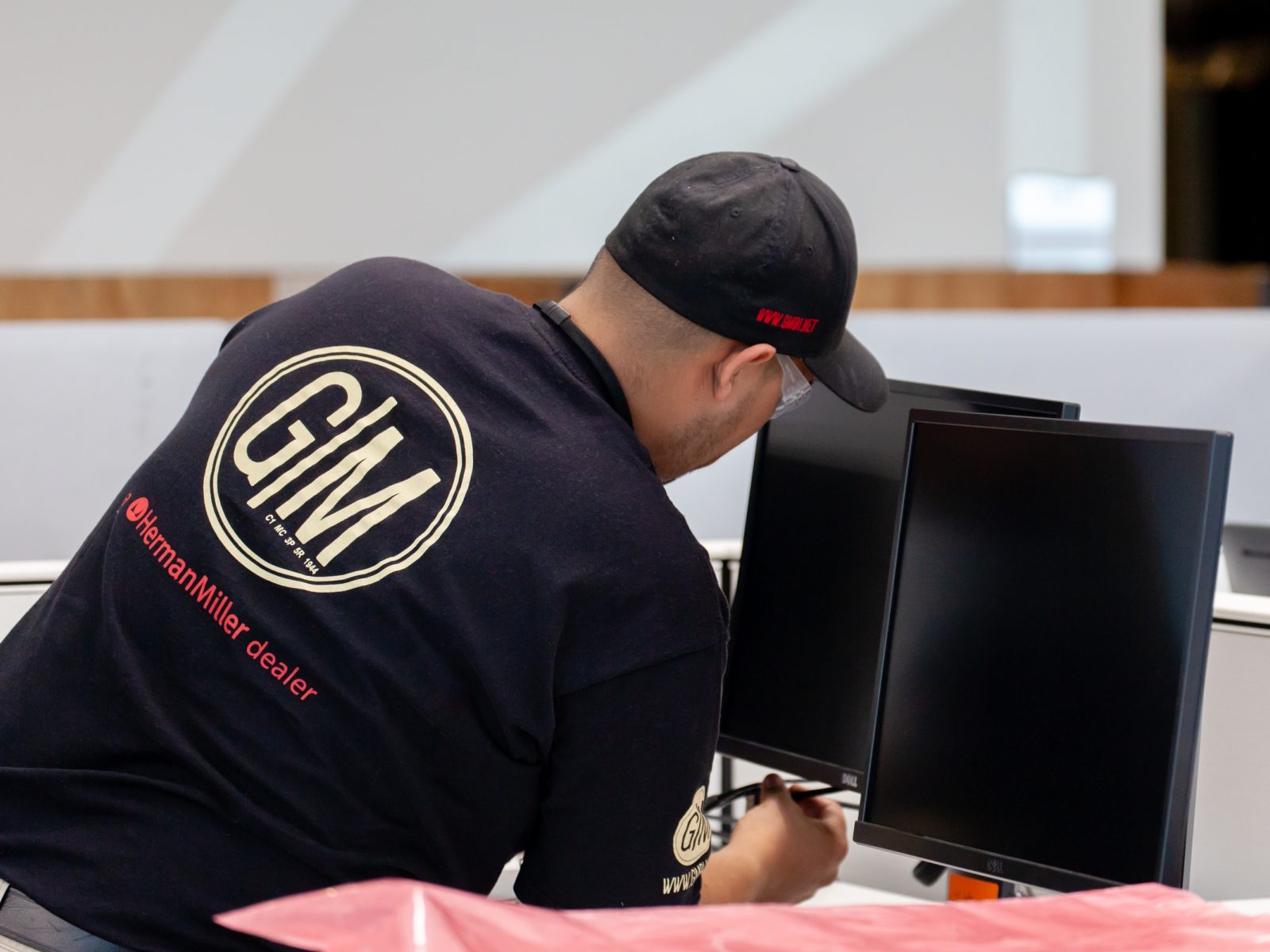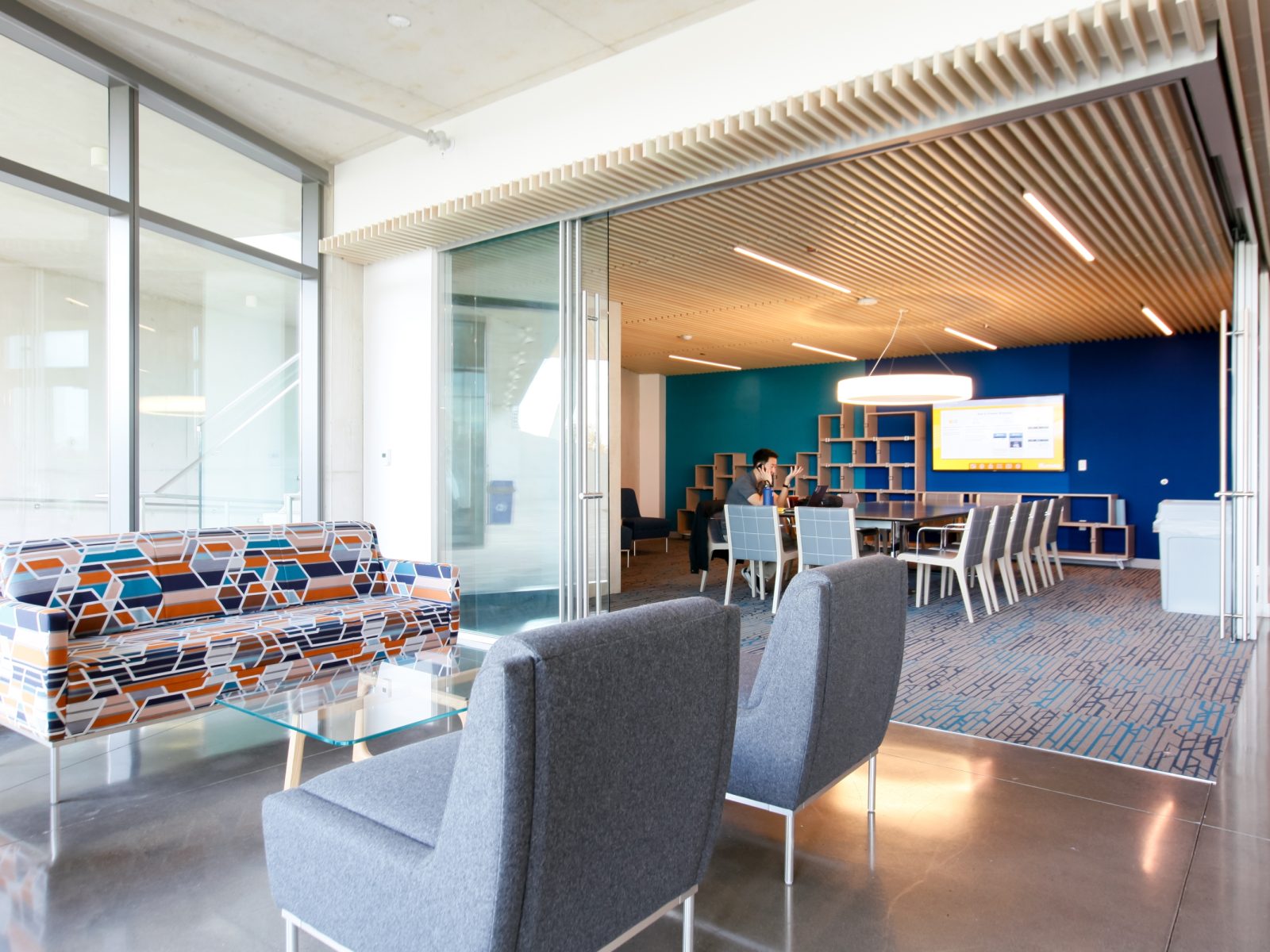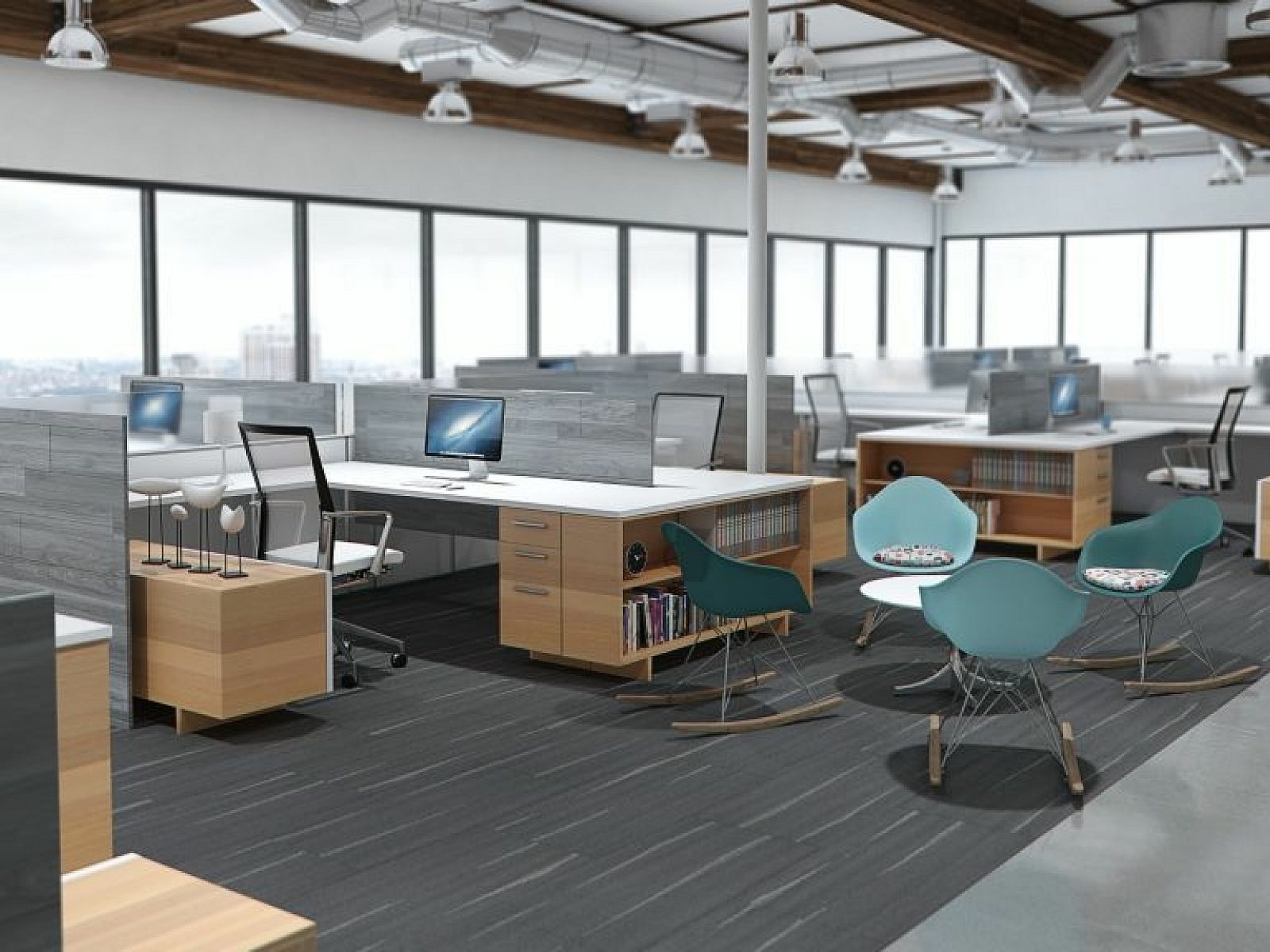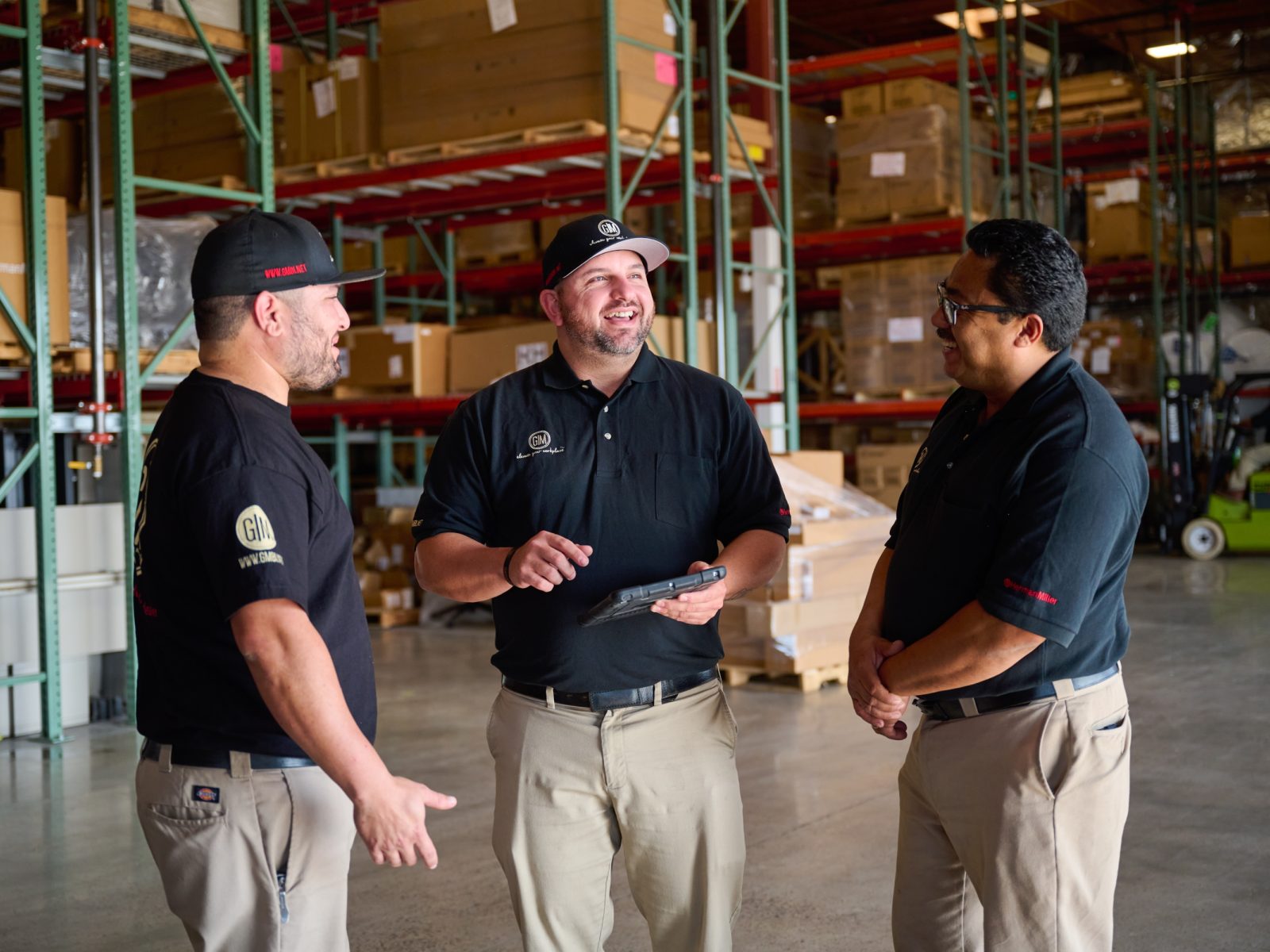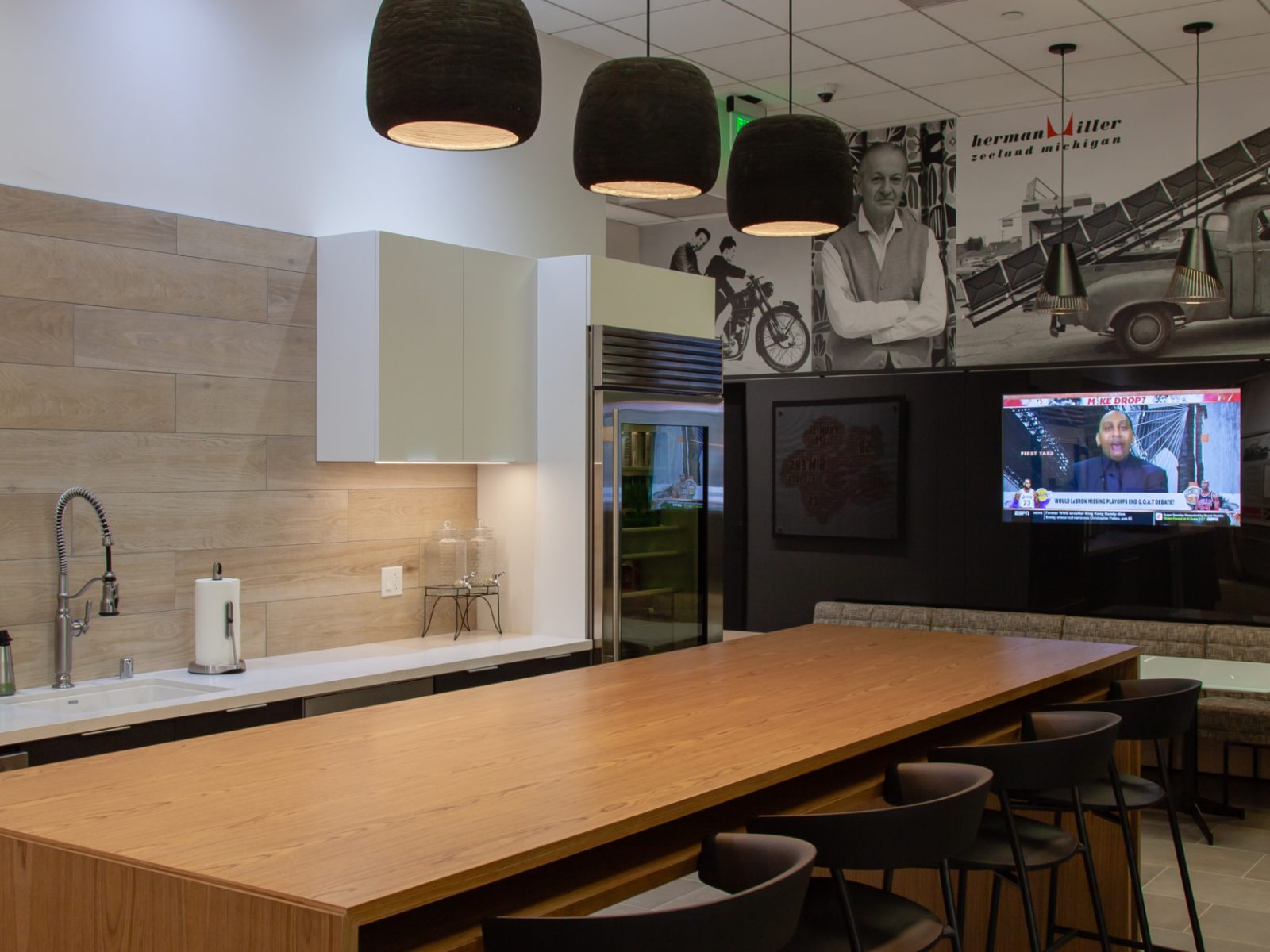Lessons Learned from the Coworking Revolution
Four key coworking advancements for traditional workspaces to implement.

This article was originally published in Work Design Magazine.
The continued rise of remote work has reshaped traditional notions of the workplace and, over the past five years, the number of people working remotely has grown by 44%. This significant surge signifies the growing desire for flexibility, autonomy, and collaboration in modern work environments. As the remote work trend continues to gain momentum, organizations must explore innovative approaches that foster productivity, engagement, and adaptability.
The coworking industry has revolutionized the concept of workspaces, catering to the needs of remote workers, entrepreneurs, and freelancers, and pioneering many advancements that traditional workspaces can learn from.

Cultivating a Collaborative Environment
Coworking spaces thrive on a higher level of collaboration, as they bring together diverse professionals and encourage spontaneous interactions between members. These impromptu connections allow people to build their networks and professional skills. For example, a young professional looking for opportunities to break into the real estate industry may find themselves sitting next to a seasoned realtor who can offer a wealth of industry knowledge, or perhaps even a job opportunity. Plus, coworking spaces may also host networking events, allowing people to further connect.
The collaborative nature and design of coworking spaces fuel a more dynamic work environment, which in turn produces more well-rounded and productive individuals.
Traditional workspaces may benefit from open floor plans and the addition of more shared spaces, as opposed to individual cubicles.

Embracing Technology for Enhanced Collaboration and Efficiency
Compared to antiquated work environments, coworking spaces are equipped with the latest and most advanced technology. From high-speed internet to state-of-the-art computers to collaborative tools, these spaces are designed with speed and productivity in mind.
Oftentimes, people turn to coworking spaces to access amenities they may not have at home or in their traditional workspace, which is why some coworking spaces are integrating Metaverse technology. The exact replicas of physical spaces are designed to elevate virtual meeting experiences and allow members to access their coworking space even when they are not present at the physical location.
Organizations with traditional office spaces should remain on top of the latest technology trends, while also identifying opportunities to enhance the remote work experience for their employees. While that may not mean incorporating Metaverse technology, even updating old software or investing in new project management tools can improve productivity and employee engagement levels.

Flexibility in the Workplace
One clear result of the remote work trend is that people value flexibility. Whether it be working hours, work-from-home policies, or simply leaving the office early to attend to a doctor’s appointment—more and more professionals seek to take control of their schedules and achieve a better work-life balance.
Coworking spaces are designed around this mindset of flexibility, and they have become a haven for those who don’t subscribe to the typical 9-5 job. They don’t require members to arrive at a certain hour or stay until 5 p.m., nor do they encourage members to work in isolation throughout the day. Many coworking spaces allow members to come in on an as-needed basis and rent spaces by the month or even by the minute.
As an added layer of flexibility, coworking spaces typically feature different office environments like individual office spaces, meeting rooms, cafes and more. This allows individuals and teams to adapt their work environment to their specific needs. Traditional workplaces can adopt similar flexibility by offering remote work options, flexible hours and adaptable office layouts.

Encourage the Entrepreneurial Spirit
Coworking spaces often attract entrepreneurs, freelancers, and startups who bring an entrepreneurial spirit to the environment. This mindset encourages innovation, risk-taking and creative problem-solving. Traditional workplaces can embrace an entrepreneurial spirit by fostering a culture that values experimentation, rewards innovation and encourages employees to take calculated risks.
I believe that the entrepreneurial spirit is engrained in all of us, and coworking holds great value for fostering the continued growth of professionals across all industries. By incorporating elements of coworking, such as collaboration, flexibility and new technology, traditional workspaces can create environments that fuel innovation and empower individuals to thrive. No matter your job title or industry, coworking spaces provide a supportive ecosystem that will continue to advance the future of work.



